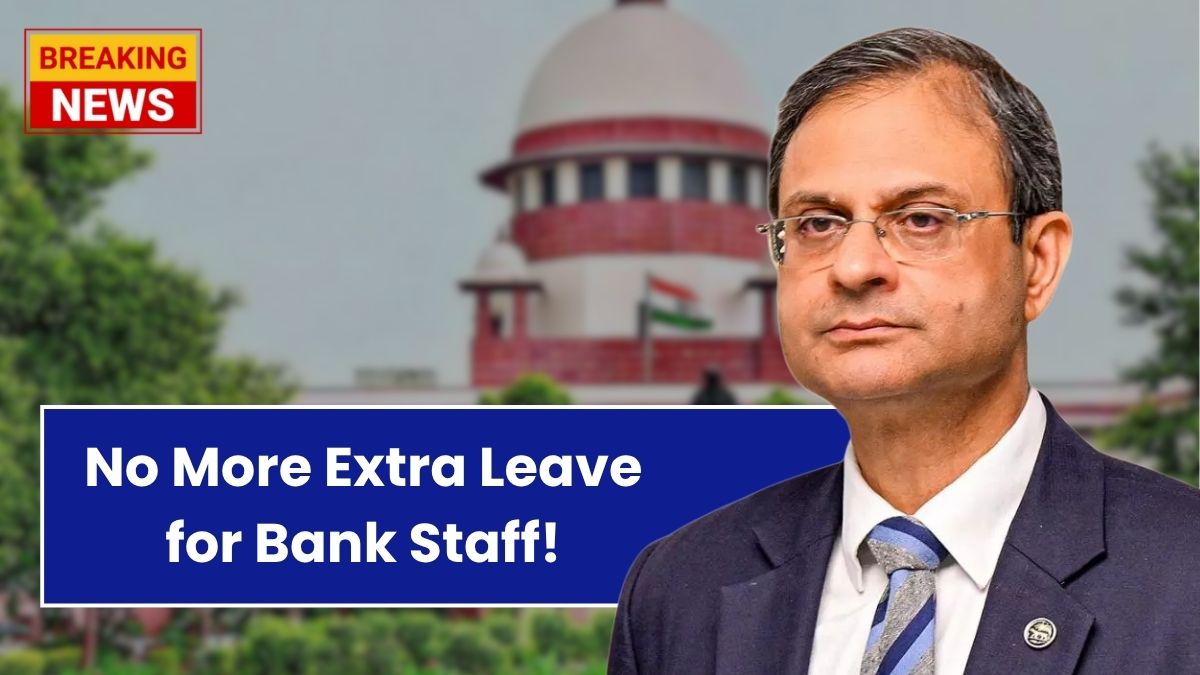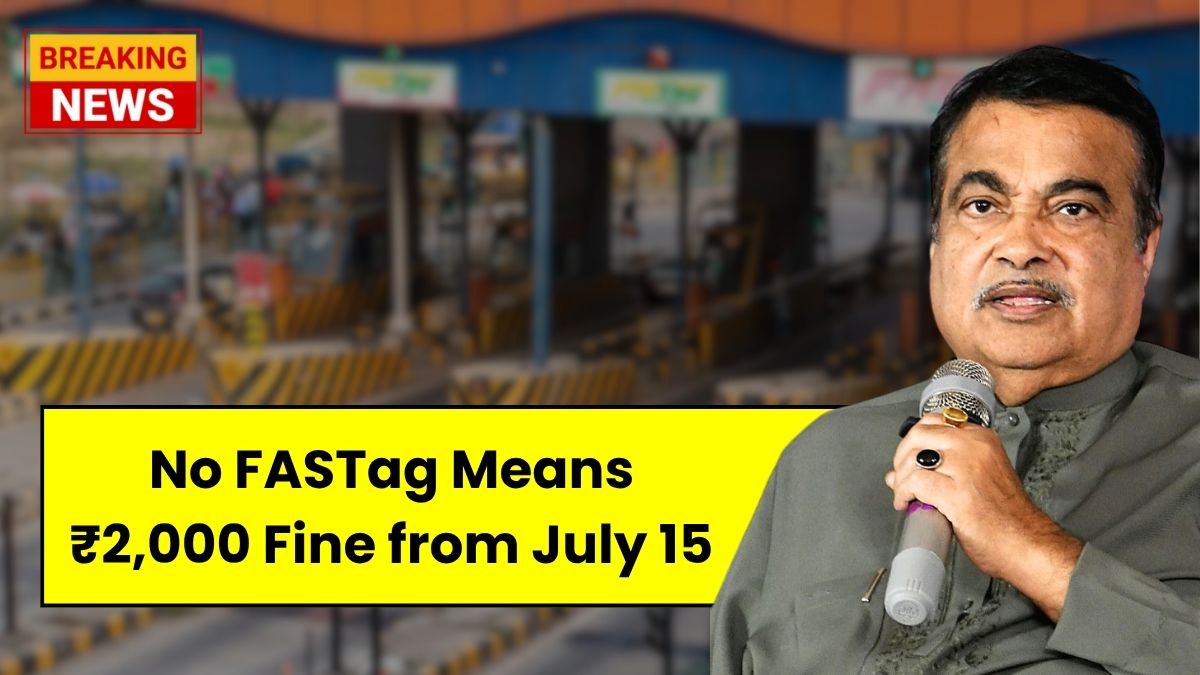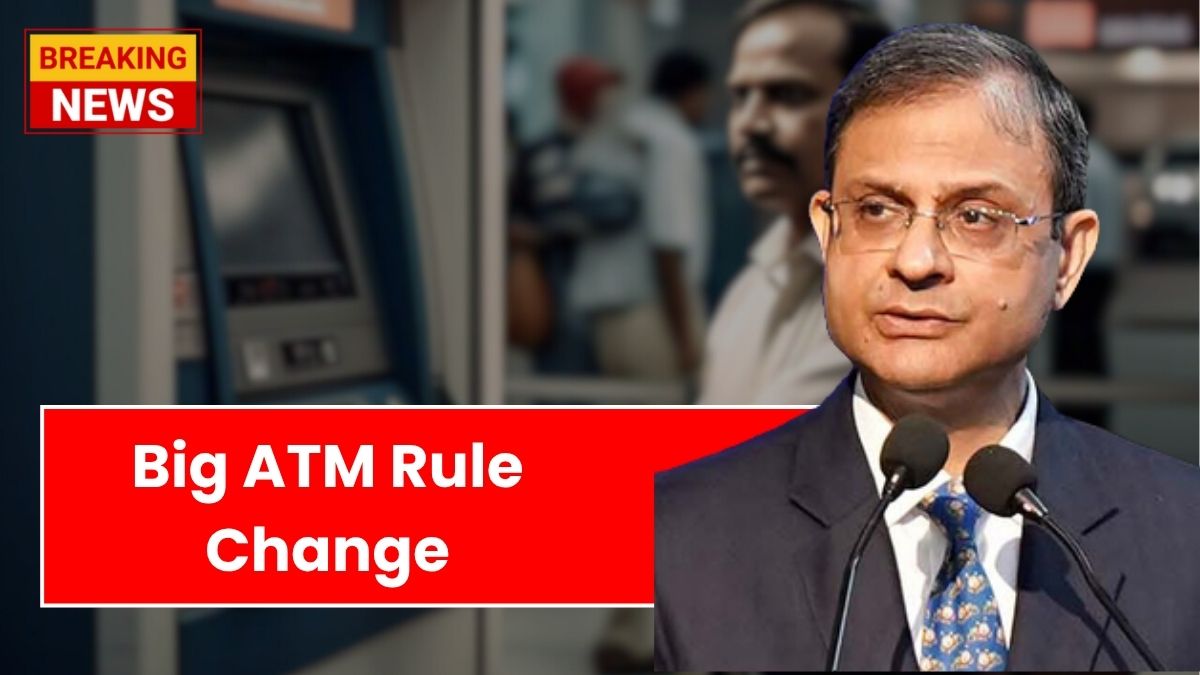Govt Holidays Cancelled – In a decision that’s making serious waves across the banking sector, the Supreme Court has dropped a bombshell – all extra holidays for banks and their employees are now eliminated. Yep, you read that right. This landmark ruling aims to make banking services more consistent and easily accessible to the public by cutting down on those unscheduled or less-essential holidays. With this move, the court wants to ensure that financial services – the backbone of any economy – are always up and running when people need them.
Why This Change?
The reasoning behind this move is all about modernizing how the Indian banking sector functions. First off, there’s a push to bring India’s banking system closer to international standards. In countries like the US or UK, banks don’t shut down nearly as often for holidays, and this consistency builds trust among customers. Then there’s the issue of customer satisfaction – long weekends and frequent bank closures have always been frustrating for people who need to access services urgently. This decision also aims to increase overall efficiency, reduce system slowdowns due to workload pileups, and ensure that businesses and citizens have uninterrupted access to crucial financial tools.
What This Means for Bank Employees
For bank employees, this is obviously a significant shift. Fewer holidays mean a more regular, predictable work schedule – which can be good in terms of planning, but also brings up concerns about burnout and work-life balance. The silver lining is that this might encourage banks to improve their internal scheduling systems and invest more in employee well-being. The idea is to create a system where staff aren’t overworked despite fewer days off, by distributing workloads evenly and potentially offering flexible work setups. And let’s be real – if done right, this could actually reduce that end-of-holiday chaos everyone hates when everything piles up at once.
Is Everyone on Board?
Well, not quite. As expected, reactions have been mixed. Customers, for the most part, are happy – who doesn’t want banks to be open more often? On the other hand, bank staff unions and many employees are understandably unhappy about losing holiday privileges they’ve had for decades. Some are even calling for re-negotiations on employment terms and benefits to compensate for this shift. Critics also argue that removing holidays won’t magically solve service issues unless the internal operations and tech infrastructure are also improved. So, it’s not a one-size-fits-all fix, but more of a step in a broader reform plan.
How We Got Here
To understand how big this decision is, let’s take a quick look back. In 2010, banks had about 20 holidays a year. As the years passed and digital banking started gaining traction, the number gradually reduced. By 2020, it was around 15, and by 2023, it was down to just 10. Now with this ruling, the idea is to remove all “non-essential” extra holidays and keep only the mandatory national holidays, similar to global banking practices.
So What’s Next for Banks?
Banks now have to recalibrate. This means better planning, new shift systems, and possibly even using more automation and AI to ensure that services remain smooth even with limited manpower. Rotational shifts could become the norm, and there’s already talk of offering wellness programs or mental health support to staff as a way to maintain morale. After all, happy employees = better service, and banks can’t afford to lose that human touch, even in a digital-first world.
Public Benefits in the Long Run
While the transition might be bumpy, the potential benefits are pretty clear. Customers will have better access to services, especially in rural areas where banking options are already limited. Businesses won’t have to delay payments or filings due to surprise closures. And the banking sector as a whole could become more reliable and productive – which is great news for economic growth.
Could This Spill Over to Other Sectors?
Absolutely. Experts are already predicting that this could be the beginning of a broader shift. If banks can operate efficiently with fewer holidays, other essential service sectors like retail, logistics, or even government offices might follow suit. This would definitely stir up debates on how we balance productivity and personal time in a fast-paced world. But it also opens up opportunities for tech upgrades, automation, and smarter work models that could benefit both workers and the public.
The Road Ahead
Going forward, banks will need to walk a tightrope – ensuring they meet customer expectations without overwhelming their staff. They’ll likely focus on tech solutions, flexible work hours, and employee support systems to keep everything running smoothly. If done right, this new system could even become a model for modern work culture across India.
Disclaimer
This article is based on publicly available information and reflects an overview of the current Supreme Court directive concerning banking holidays. It is intended for general awareness only and should not be interpreted as legal or financial advice. Please refer to official notifications or consult relevant authorities for specific guidance.













